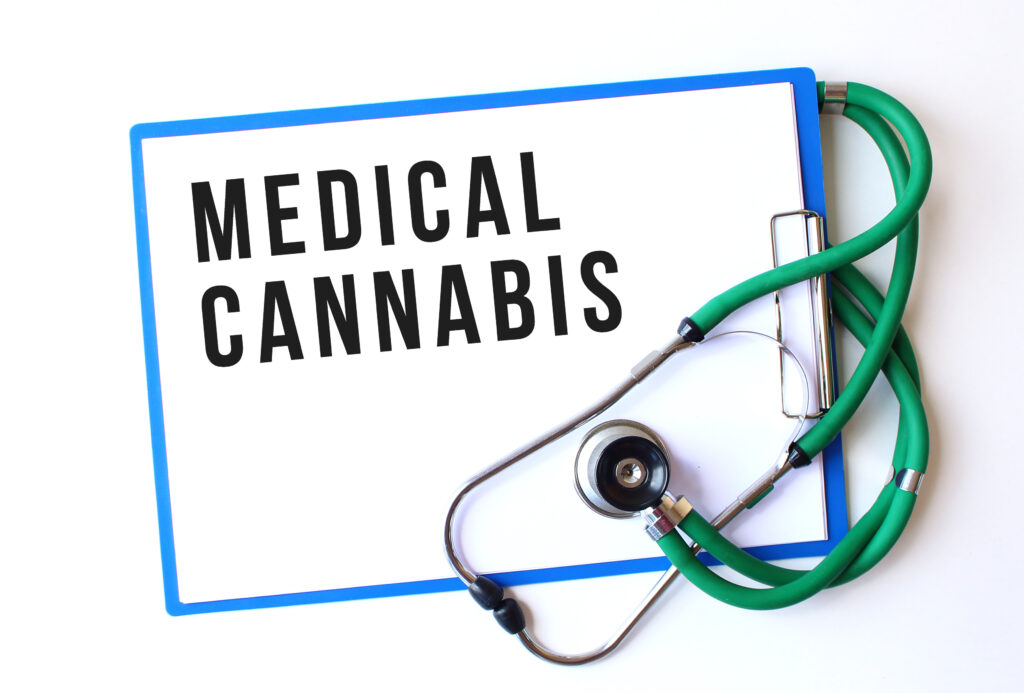Governor Kay Ivey signed the Compassion Act (SB 46) into law in 2021, permitting Alabamians to use cannabis products for certain medical conditions.* Patients will need to apply for a card to obtain medical cannabis from licensed dispensers.
While the Alabama Medical Cannabis Commission (AMCC) is up and running, there are court-imposed stays in the issuance of licenses, brought on by lawsuits from applicants who were not chosen. For now, the ability to get medical cannabis is stalled.
As an employer, the suggestions for how to prepare for the use of medicinal cannabis by employees include the following:
- Review your job descriptions and ensure that safety-sensitive positions are identified
- Conduct a detailed job analysis (physical and mental requirements for performing the job) for safety-sensitive positions
- Compose a reasonable accommodation letter for safety-sensitive positions and determine whether medicinal cannabis would be permitted
- Prepare a reasonable suspicion checklist for when an employee is suspected of being under the influence of alcohol or drugs
- Review your drug testing procedures to determine what, if anything will change
- Revise your drug policy to create an exception for medicinal cannabis use
- If you are participating in the AL Drug Free Workplace Program, determine if you will continue to do this
While Alabama’s new law approves tablets, capsules, tinctures, patches, and suppositories, it prohibits any raw plant material, “edibles,” and products that can be smoked or vaped. The THC compound must be extracted by processors and made into products that can be sold under the law.
Keep in mind the legal implications of an employee who is caught in possession of cannabis. In Alabama, personal-use possession of cannabis (even the smallest amount) is currently a misdemeanor carrying a maximum penalty of 1 year in jail and/or a fine of up to $6,000. A repeat offense carries a mandatory minimum of 1 year and one day in jail. Marijuana possession is still illegal under federal law.
*Covered medical conditions include:
- Autism
- Certain cancer side effects, such as wasting syndrome, nausea, weight loss, and chronic pain
- Crohn’s disease
- Depression
- Epilepsy or other conditions that cause seizures
- Nausea or weight loss related to HIV/AIDS
- Panic disorder
- Parkinson’s disease
- Nausea that doesn’t respond to typical treatments
- Post-traumatic stress disorder
- Sickle cell anemia
- Muscle tightness from motor nerve diseases like ALS or multiple sclerosis
- Terminal illness
- Tourette’s syndrome
- Chronic pain that doesn’t respond to other treatments
We hope this information is helpful. Don’t hesitate to reach out, should you need assistance. We will provide updates as developments occur in Alabama.
By Samantha Brinkley, MA






